- GU Home
- Equal Opportunities Office
- DIVERSITY
- Diversity@Goethe
- Gender, Diversity & Language
Gender, Diversity & Language
„Die Goethe-Universität ist ein Ort argumentativer Auseinandersetzung; Forschung und Lehre stehen in gesellschaftlicher Verantwortung.“ (Aus dem Leitbild der Goethe-Universität)
Language is the central instrument we use to share arguments, research results and knowledge in a responsible manner. Language is also the most important instrument for participation, especially at a university. Whether written or spoken, language is how we connect with each other on institutional, professional and interpersonal level. Aspects of language also decide questions of belonging and participation – and, conversely, exclusion. Frankfurt's diversity and the diverse life situations of all our members and affiliates are reflected in everyday life on Goethe University's campuses. However, it is not given that we use inclusive and non-discriminatory language that reflects this reality.
Goethe University advocates a gender-inclusive use of language that addresses all members and affiliates in their diversity and dismantles discrimination. A use of language that also addresses people who see themselves as neither male nor female, and which thus challenges our language's underlying two-gender structure, is an essential step. Our standpoint is underpinned by legal innovations concerning the protection of gender self-determination.
Following the decision of the Federal Constitutional Court of 10 October 2017 (Ref.: 1 BvR 2019/16) and the amendment of the Civil Status Act of 18 December 2018, there are now four options for registering gender: male, female, diverse, no entry.
The comprehensive brochure “Gender-inclusive Language Guidelines" can be found here.
Useful brochures and guidelines can be found here.
- Studying at Goethe University
- International applicants
- Faculties
- Overview of study programmes
- Programme for refugees
- GRADE
- Goethe Business School (continuing education)
- Research at Goethe University
- Scientific news
- Goethe Welcome Center (for international researchers)
- Collaborative research projects
- Individual research
- Visiting fellowships
- Endowed chairs
- About the University
- News-in-brief
- University administration
- Campus locations
- Campus life
- University archives (German)
- Rhine-Main-Universities






